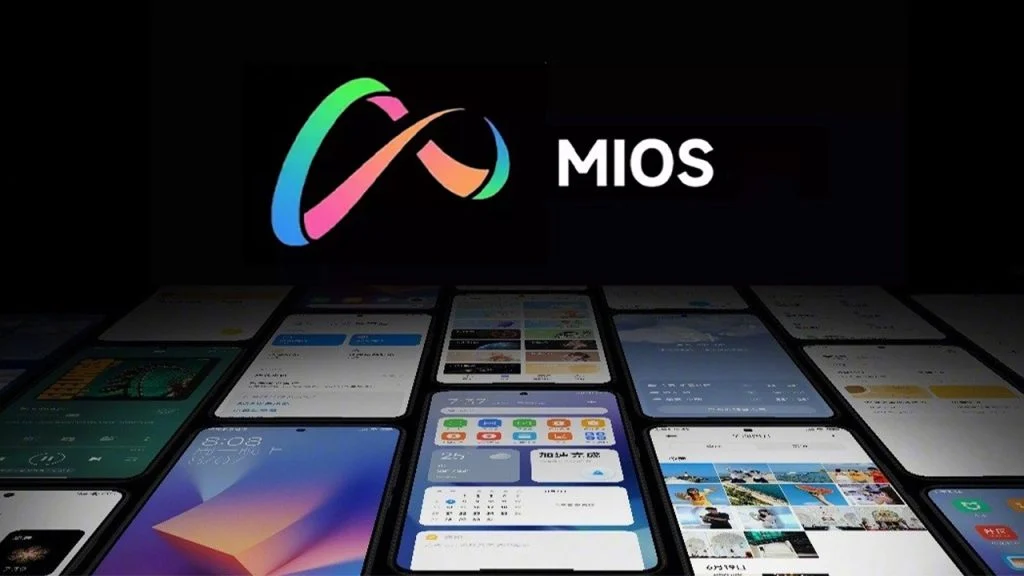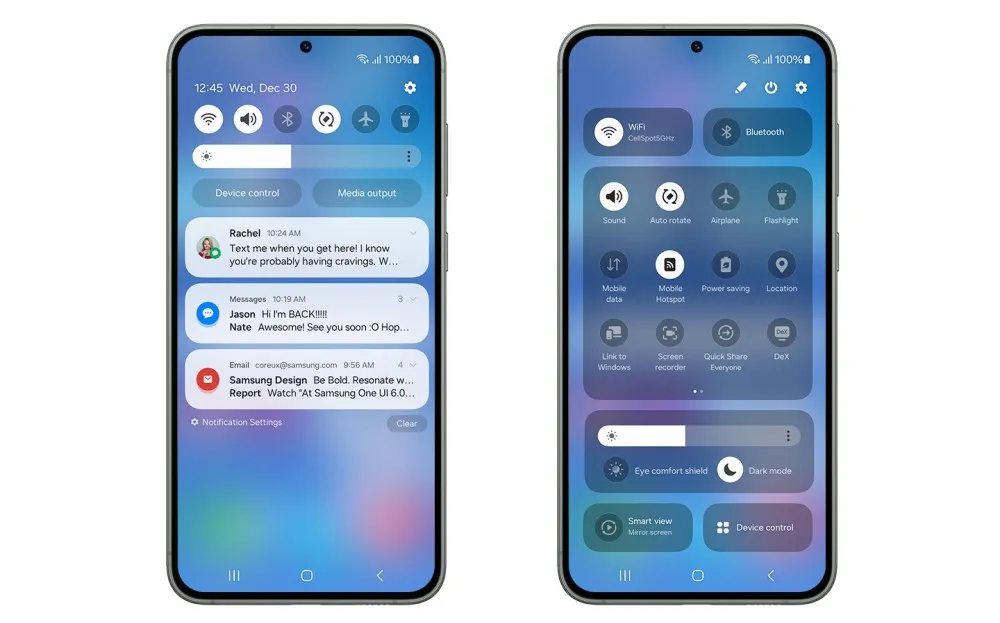Apple Faces $1 Billion Lawsuit Over App Store Policies in the UK
Apple, the well-known technology giant, is currently facing a major lawsuit in the United Kingdom that has put its App Store policies in the spotlight. The lawsuit, which demands a staggering $1 billion, has been filed by more than 1,500 app developers who believe that they have been treated unfairly by Apple's fee structure.
Unfair Commission Fees
The main point of contention in this lawsuit is Apple's commission fees, which can be as high as 30% on app purchases. The developers argue that these fees are excessive and that Apple, with its dominant position in the market, is overcharging them for the privilege of being on the App Store. This is a significant concern because, for many developers, being on the Apple App Store is essential for reaching a wide audience.
Apple's Defense
Apple is not backing down in the face of this lawsuit. The company's defense relies on an interesting argument: the majority of their developers, around 85%, do not pay any commission at all. This is because these developers offer free apps or apps that do not have in-app purchases. Apple's lawyers are vigorously pushing to have the case dismissed, claiming that it lacks merit and that only those who were charged via the UK App Store can make claims.
A Larger Battle
This lawsuit, which has been filed at the Competition Appeal Tribunal (CAT) in London, is not an isolated incident. It is part of a larger narrative in which Apple is facing multiple legal challenges regarding its App Store practices. This includes another massive lawsuit involving approximately 20 million UK users over App Store commissions, as well as a separate case related to iPhone batteries.
Implications for Apple and App Developers
The outcome of these legal battles will have far-reaching implications for both Apple and app developers. For Apple, it is about defending its business model and practices, which have been integral to its success. For the developers, it is a fight for fairer terms and a more level playing field. As these cases progress, they have the potential to reshape how tech giants operate and interact with smaller players in the industry. With trials not expected until 2025, the entire tech world is watching closely to see how this legal drama unfolds.



